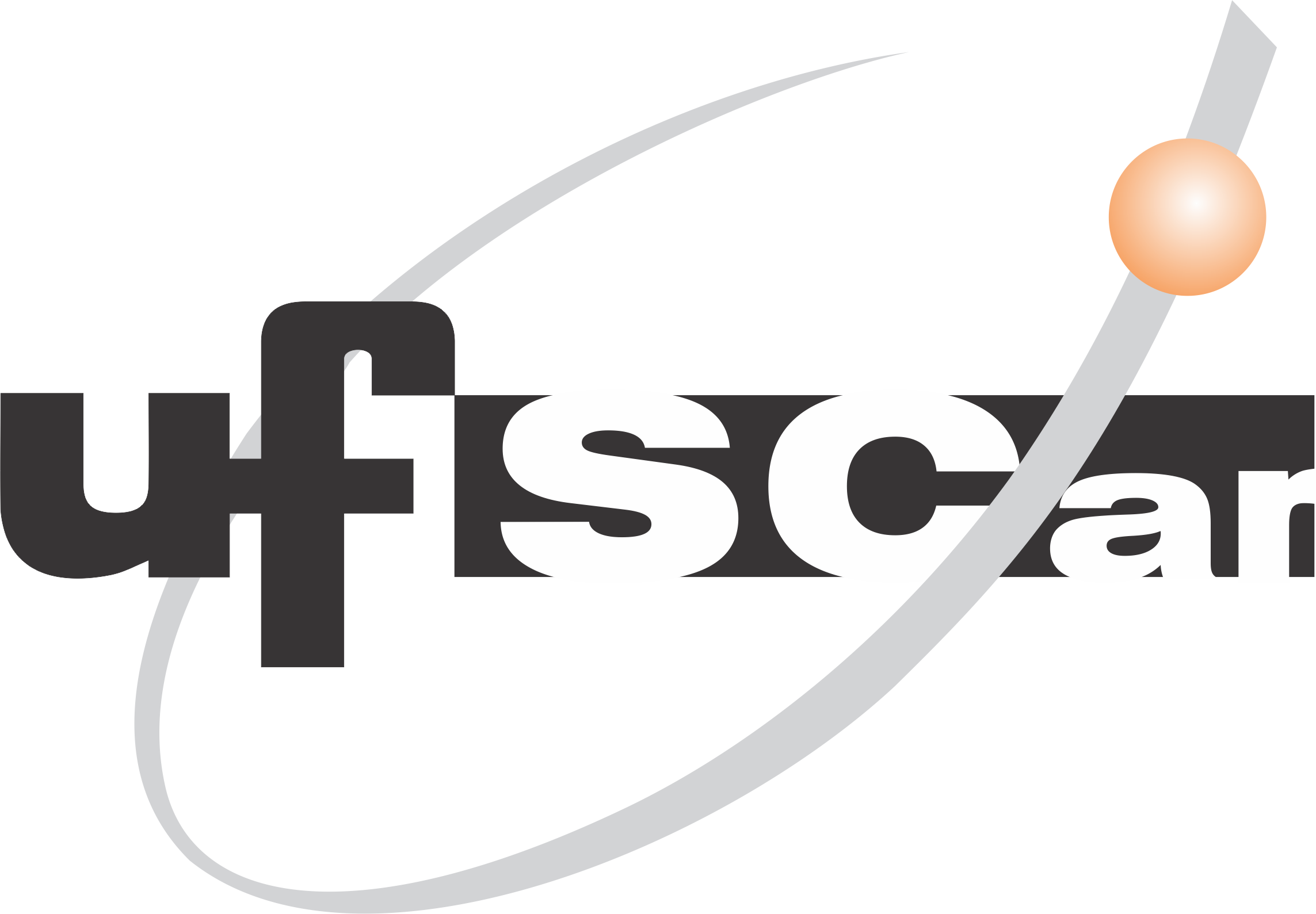Reports of experiences with ethnosport and physical activity in indigenous and urban territories
Keywords:
Ethnosports , Sport of Cultural Identity , Traditional Physical Education , Body culture of movement , Indigenous rightsAbstract
This article examines the connection between ethnosport, physical activities and indigenous cultures in urban contexts in Brazil, emphasizing the importance of these practices for cultural identity and indigenous resistance. Inspired by the author's experience at the Indigenous Peoples Games in 2002, the text highlights ethnosport as a tool to preserve and exalt cultural and ethnic traditions. The State's duty to support sport as a cultural manifestation, as established by the 1988 Federal Constitution, is highlighted. Events such as the log race at the University of São Paulo (USP) Environment Week exemplify how indigenous ethnosport reinforces cultural identity and promotes social inclusion. The article highlights the importance of ethnosport in maintaining indigenous traditions and knowledge, highlighting its role in physical education and sustainable development. It is concluded that ethnosport, in addition to being a physical practice, is a valuable cultural heritage, essential for dialogue about sport, culture and indigenous identity.









